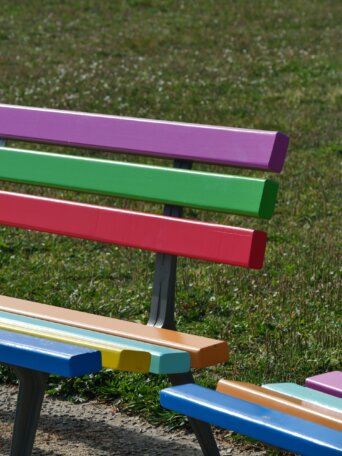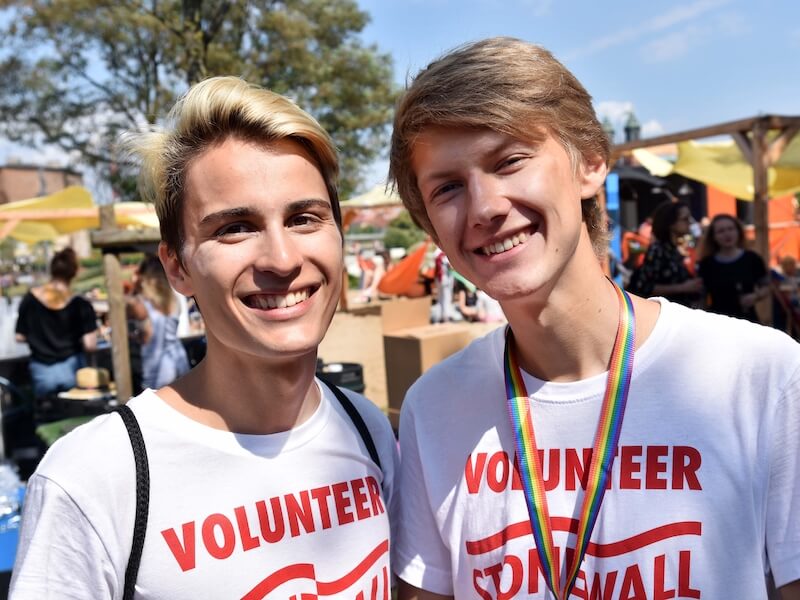- About
- Topics
- Picks
- Audio
- Story
- In-Depth
- Opinion
- News
- Donate
- Signup for our newsletterOur Editors' Best Picks.Send
Read, Debate: Engage.
| topic: | LGBT Rights |
|---|---|
| located: | Croatia, USA |
| editor: | Katarina Panić |
The local authorities in Croatia’s capital marked 20 years since the first Pride by installing a bench in rainbow colours in one of the city parks on 17 May - the International Day Against Homophobia, Biphobia and Transphobia. That very same day, however, someone coloured the bench black and ruined it.
The city immediately replaced it with another rainbow-coloured bench. Zagreb is run by green-leftists, as opposed to the long-ruling conservatives on the state level who are deeply influenced by the Catholic church. Human rights activists expect police and prosecution to treat this case as a hate crime motivated by sexual orientation, not as a breach of public order.
University of Zagreb Faculty of Law organised a public debate named “Our Bodies, Our Lives, Our Rights” on 17 May. Rijeka-based lesbian organisation LORI and Zagreb-based Rainbow Families presented a survey on the experiences and needs of young LGBTQ+ people, which they had conducted among some 400 Croats aged 15-30.
According to the results, only one-fifth of high school students and one-third of students know to whom they should report violence aimed at their LGBTQ+ identity. Furthermore, high school students from the LGBTQ+ community felt biased pressure while debating the topics related to LGBTQ+ rights in the classes.
“Young people have expressed dissatisfaction with the debates discussing LGBTQI rights,” psychologist Marina Štambuk said as she presented the survey. “This is indeed an absolutely inappropriate method of teaching. Debate is a suitable method, but not for debating human rights - because the rights of LGBTQI people are human rights.”
“Too many LGBTQI+ persons live under the shadow of discrimination, violence, and fear. Global data makes clear that the dehumanisation of LGBTQI+ persons is systemic, pervasive and often violent,” the US State Department expressed in a press release, recalling the anniversary of the removal of homosexuality from the International Classification of Diseases by the World Health Organization. “Homophobia, biphobia, interphobia, and transphobia are deeply entrenched in societies across the world, including here in the United States. Countless persons are at extreme risk for being themselves.”
In Europe, the further East you go, the more extreme the risk of being who you are, especially while populism and nationalism flourish on a global scale and threaten social freedoms.
Image by Rafael Garcin

